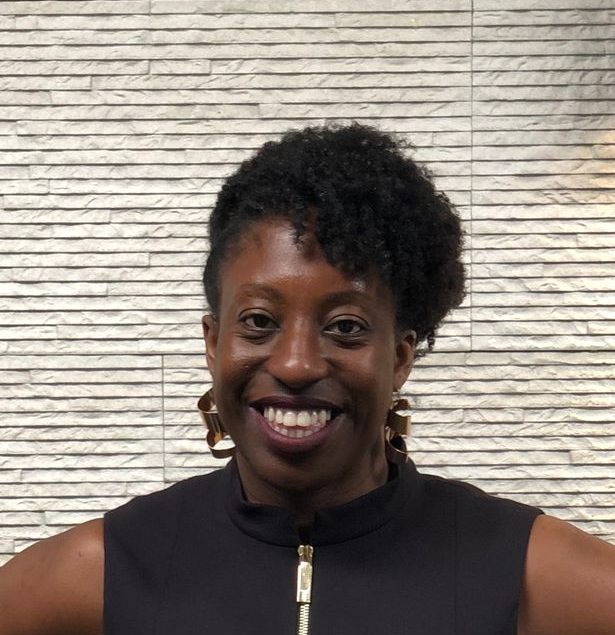The Londoner Revolutionising The Tech Scene By Helping Black Women Break Into The Industry

Software developer Charlene Hunter is on a mission to close the diversity gap in the tech industry and is set on helping other Black women get their foot in the door.
East Londoner Charlene founded Coding Black Females back in 2017 after feeling fed up with being the only Black woman in her role at her company.
Her non-profit network is a community that uplifts Black female developers and helps them find opportunities.
Coding Black Females, which Charlene runs alongside co-CTOs Tanya Powell and Efua Akumanyi and their team, has become a global network. It also influences the tech industry to be more inclusive to people of color.
The 36-year-old told the local news outlet, MyLondon: “Initially it was to meet Black women in tech – I’m a software developer, and I hadn’t met any other Black women who were software developers after ten years in the industry.
“I was inspired after I watched [2016 film] Hidden Figures, and it was the first time that I’d seen Black women as the focus in science and technology in the media.
“I thought there must be other people out there who are like me – I wanted to meet those people.”
A landmark study by the US National Institute of Standards and Technology (NIST) in 2019 found that in one-to-one facial matching – the kind that is used to unlock phones or check passports – there was a greater rate of false-positive matches for Black and Asian faces over Caucasian faces, sometimes by a factor of up to 100.
This means they were matching the wrong people and this posed – and still poses – a primary concern to people of color who are already disproportionately stopped and searched in the UK and the US.
If these systems/programs are used by law enforcement, this could lead to the wrong people being arrested.
In 2019 it was found that facial recognition software used by the Metropolitan Police in the UK had an error rate of 81 percent.
Previous experts who have spoken to POCIT about these issues have said these issues can be solved by having diverse data. Still, since the industry is almost all white and male – the data can only represent the people working on the systems.
Charlene said: “There is an underrepresentation of Black women in the tech industry – about 0.7 percent of tech is made up of Black women, which is just too low.
“One of the reasons [to start the network] was: that’s wrong, let’s fix it.
“But also it’s important that we have a mixture of people creating technology and technical solutions because everyone uses them.
“Black women will be negatively impacted by bias in software if we’re not represented in their creation.”



